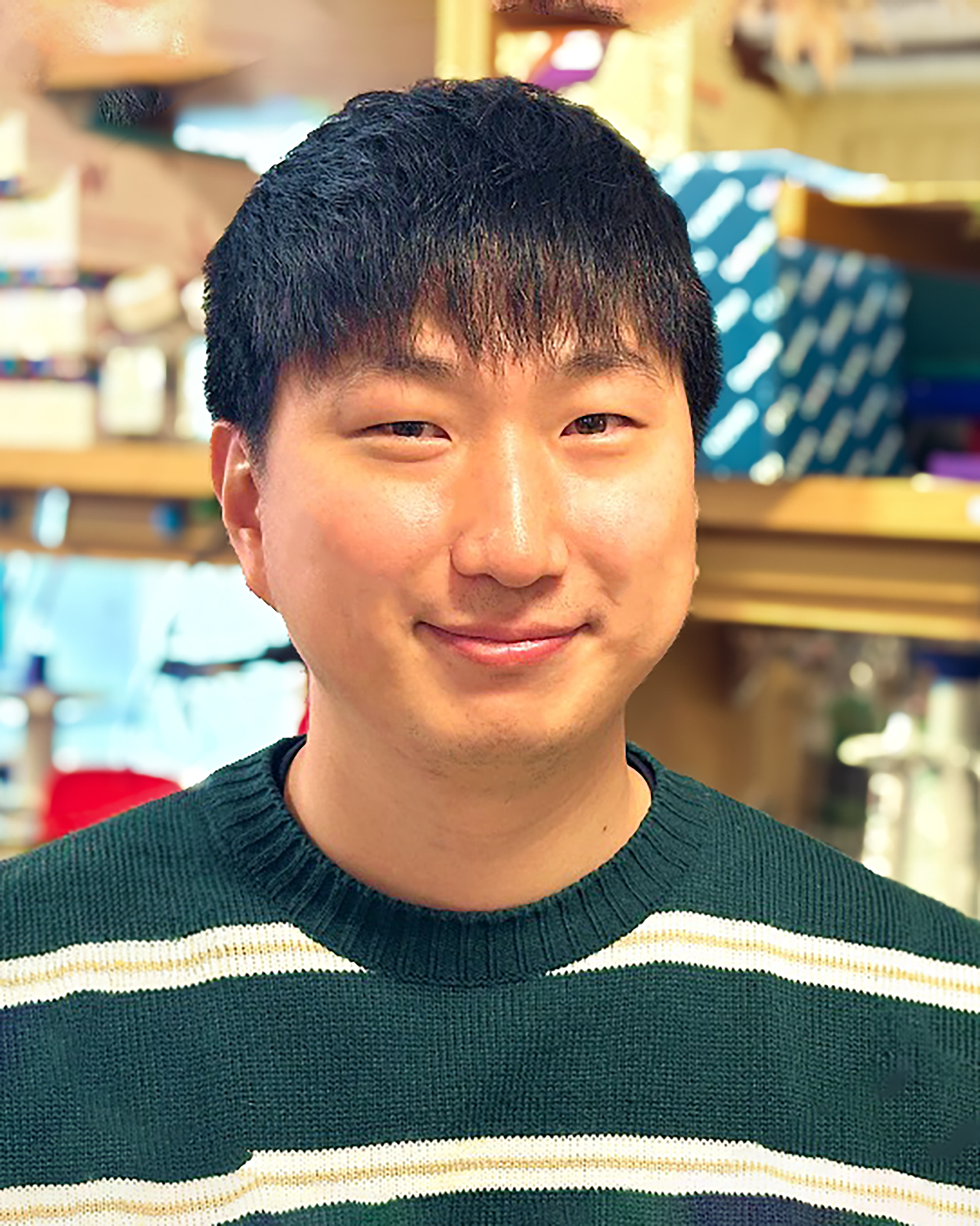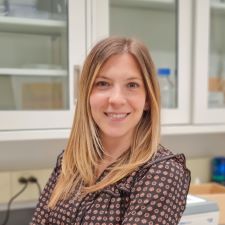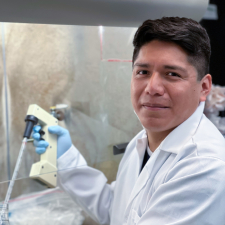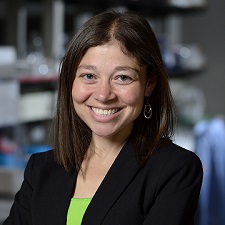One way cancer cells evade immune attack is by constructing a thin material barrier called the glycocalyx on their surface to evade detection and destruction by surveilling immune cells. Tiny changes in the glycocalyx thickness, as small as 10 nanometers, can affect the anti-tumor activity of immune cells, including CAR T cells. Dr. Park’s [Merck Fellow] goal is to develop strategies to endow CAR T cells with the ability to penetrate the glycocalyx barrier in solid tumors such as breast cancer and glioblastoma. These strategies will increase the effectiveness of CAR-T cell therapy against solid tumors by overcoming a significant mechanism of immune cell evasion. Dr. Park received his PhD from Cornell University, Ithaca and his BS from Korea Advanced Institute of Science and Technology, Daejeon.


Breast cancer is the most frequent cancer in women and the second-leading cause of cancer deaths in women worldwide. Triple-negative breast cancer is among the most aggressive subtypes; its name refers to the fact that it lacks all three primary markers of breast cancer, making it particularly challenging to detect and treat. Although our ability to detect early-stage breast cancer has improved substantially over the past few decades, anticipating whether and how fast a tumor will progress to metastatic disease remains challenging. Dr. Trenado-Yuste aims to improve our ability to predict a tumor's disease course and response to therapy by creating a new framework of biomathematical models and experimentally engineered tumors, which may aid in prognostication and decrease cancer-related deaths.
Experimental research in cancer biology also drives a need for new computational models. This project focuses on mathematical modeling, with an emphasis on developing agent-based and pharmacokinetic models, to help clarify how tumor spheroids progress and respond to drug treatments. The importance and innovation of the proposed theoretical and computational methods lie in their potential to identify the optimal combinations of personalized treatment schedules for individual patients.

Human cells compact their vast genomes into the small confines of the nucleus by wrapping their DNA into a highly complex structure called chromatin. Packaging DNA into chromatin, however, affects all nucleic acid-transacting machines (e.g., transcription factors) that need to access the genomic information stored in the DNA. NuRD is a large multi-subunit protein complex that plays a major role in making chromatin either accessible or inaccessible. Dysregulation of NuRD and aberrant targeting of the complex can result in the emergence of several types of cancers, including breast, liver, lung, blood, and prostate cancers. Dr. Osorio Valeriano’s [Philip O'Bryan Montgomery, Jr., MD, Fellow] work will reveal mechanistic aspects of NuRD-mediated chromatin regulation and pave the way for the development of novel therapeutic approaches that target cancers more effectively. Dr. Osorio Valeriano received his PhD from Philipps University and his MSc and BSc from the National Autonomous University of Mexico.

Groundbreaking advances in immunotherapy have revolutionized the treatment of cancer. In particular, new antibody drugs that block immunosuppressive pathways have achieved remarkable success in reawakening the immune system to clear tumor cells, leading to lasting cures in patients whose cancers do not respond to any other therapies. Unfortunately, the majority of patients (>70%) do not respond to immunotherapy treatment. It is difficult to predict which patients will benefit, creating an urgent demand for novel immunotherapy drugs that act through alternative mechanisms. Dr. Spangler is working to develop a class of antibody therapeutics that target cancer-promoting pathways in a different way than all current immunotherapies, with the goal of drastically expanding the percentage of cancer patients who benefit from them.
